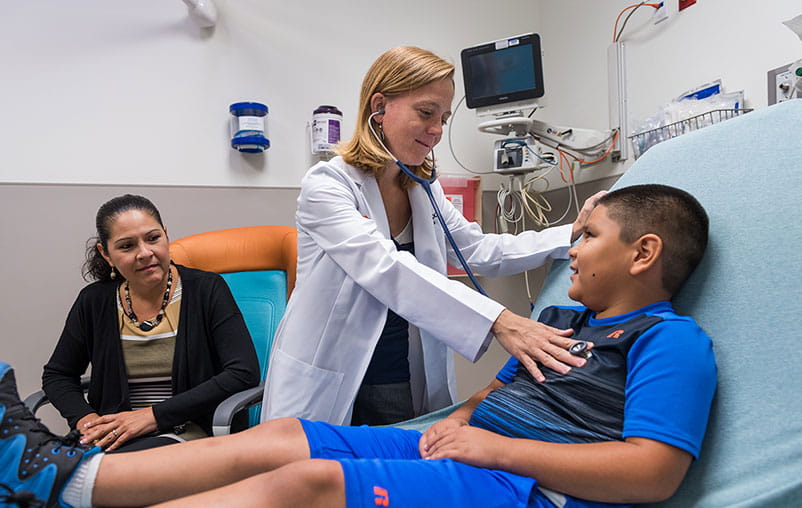We like our animals, be they dogs or frogs, birds or horses. But under certain circumstances, almost any animal can become aggressive and bite. So, what can you do to protect yourself and your family from getting bitten?
How to Protect Children and Yourself from Animal Bites
Most animal bites occur in children between the ages of 5-9, and dog bites comprise the majority of the animal bites people receive. To keep yourself and your children safe, there are a few tips to remember:
- Never approach an animal you don’t know. If an animal is wandering loose and unsupervised, contact animal control.
- If the owner of the animal is present, always ask permission before you touch it.
- Remind small children to not bother animals if they are sleeping or eating.
- Don’t give too much responsibility for caring for a pet to young children.
And of course, use common sense around animals and always walk away if in doubt of your safety.
What Are the Dangers of Animal Bites?
Animal mouths, just like human mouths, contain many different bacteria. When an animal bites someone, harmful bacteria or viruses could transfer to that person, causing serious injury or illness.
Some of the most common infection-causing bacteria from animal bites include:
- Pasteurella multocida
- Staphylococcus species
- Streptococcus species
- Anaerobic bacteria
Rabies in Bexar County
The most worrisome infection caused by animal bites is through the rabies virus. Positive rabies cases in Bexar County are very rare. In 2023, there were only 11 positive rabies cases, all of which were attributed to bat bites.
“Rabies is 100% fatal once symptoms occur," said Dr. Marisa Earley, pediatric otolaryngologist at University Health and an assistant professor of pediatrics at UT Health San Antonio. “So, it is critical to seek evaluation if you are bitten by a stray or wild animal that is not captured and observed for a set period of time.”
How to Protect Yourself from Rabies
Dr. Amy Cobb provides a few tips to protect yourself from risk of rabies:
- Keep your pets and livestock up to date on their rabies vaccines
- Always keep a safe distance from wildlife
- Don't leave food outside that could attract wildlife
- If you believe you may have been exposed to rabies, get medical attention immediately
What to Do if You're Bitten by an Animal
If you or someone else is bitten by an animal, it is always important to first seek medical attention.
“Bites may occur on the face or neck and cause significant breathing or bleeding problems,” Dr. Earley said. “Hold pressure directly on the wound if bleeding and call 911. If the bite is more minor, wash with warm soap and water and keep loosely covered with a bandage.”
If you are bitten by an animal that is exhibiting strange behavior and you suspect that the animal might have rabies, it is important to get emergency medical attention as quickly as possible so the wound can be cleaned and treated, and you can receive the rabies shot.
“There is a set protocol for rabies that must be initiated and completed,” Dr. Earley said. “It involves both a rabies vaccination series as well as injection of a substance into the wound that helps prevent rabies toxins from spreading.”
It is essential that you receive the shots as soon as possible to stop the spread of the virus. Once it spreads throughout the body, rabies can be fatal.
Report Rabies Cases
Call 311 to report a possible rabies case or complete the form online with the San Antonio Metropolitan Health District.
Emergency Care at University Health
Depend on the emergency services for adults and children at University Health.






